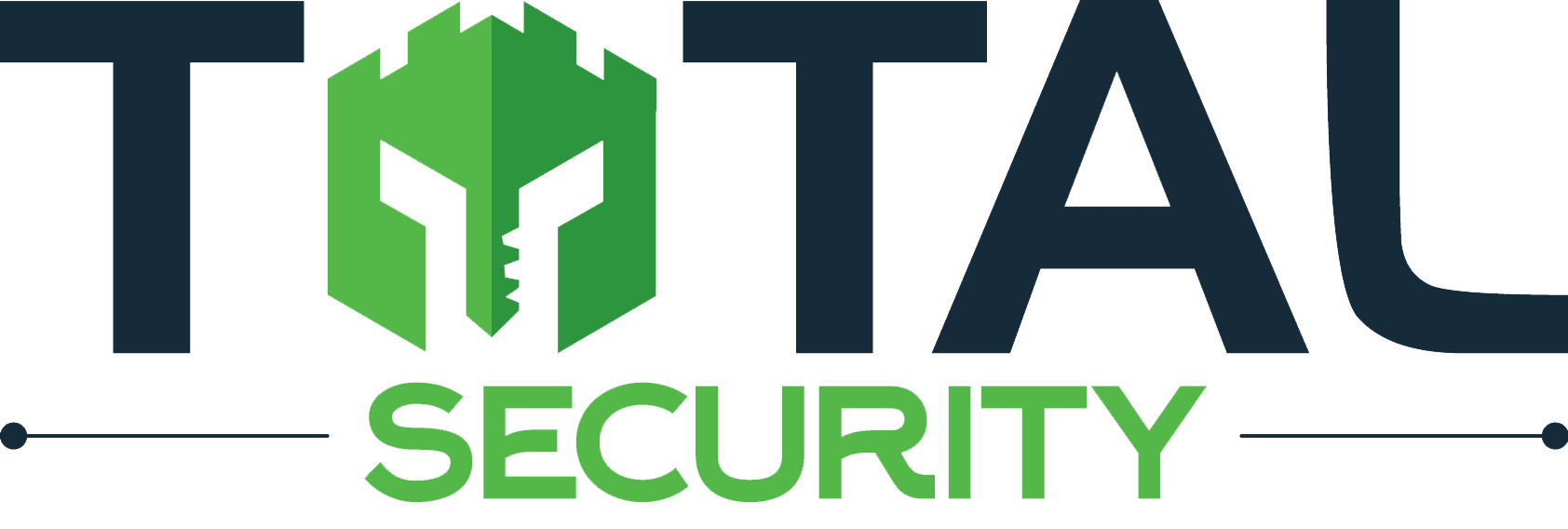Choosing the right IT solutions provider can be a daunting task. With technology being a central component of your business strategy, it’s important to ensure your provider is up to the task. Asking the right questions can help you determine if they are a good fit for your needs. Here are some critical questions to guide you in making an informed decision.
1. Understanding Their Experience and Expertise
Explore the provider’s experience in dealing with businesses similar to yours. Their expertise should align with your industry requirements and unique challenges. It’s crucial to ascertain their understanding of industry-specific needs. This not only covers technical skills but also how well they adapt to sector trends. Engaging with a provider experienced in your field can save time in setting up solutions and assure you of minimal disruptions.
Another factor to consider is their history of innovation and handling technological shifts. A provider who’s continuously updated with the latest tech advancements can offer solutions that keep your business ahead of competitors. Clarify if they have managed similar projects in the past and how they tackled potential hurdles. This demonstrates their adaptability and problem-solving capabilities, assuring you of efficient service delivery.
2. Availability of Customized Solutions
Ask if they offer tailored solutions to meet the specific demands of your company. Off-the-shelf solutions might not address all your needs. Inquire about their process of developing custom strategies. Understanding whether they consider your input during the creation of these solutions can reflect their commitment to satisfying your unique requirements.
Furthermore, assess their flexibility in adapting these solutions as your business evolves. It’s important to ensure that they’re willing to adjust their technology offerings to suit your growing needs. This ability to offer personalized services can differentiate an average provider from a truly excellent partner.
3. Support and Maintenance Services
Inquire about their support and maintenance offerings. Ensure they provide timely assistance to keep your systems running smoothly. It’s vital to understand the scope of their support services—are they available 24⁄7, or do they only operate during standard business hours? Knowing this can help you plan your operations appropriately and avoid unforeseen interruptions.
Additionally, explore their maintenance plans. Are they proactive or reactive? A proactive approach where regular check-ups and updates are done can prevent potential downtimes. This proactive measure not only ensures system efficiency but also significantly cuts down costs associated with emergency responses.
4. Security Measures in Place
Understanding their approach to security is vital. They should have robust measures to protect your data from threats. Delve into the specifics of their security protocols: How do they protect against cyber threats? Do they use advanced encryption methods and multi-layered security infrastructures? Knowing these details can offer peace of mind and build trust in the provider’s capabilities.
Moreover, ask about their disaster recovery plans. In the event of a system breach or failure, having a comprehensive recovery strategy can be the difference between a simple fix and catastrophic data loss. Ensure they have a well-documented and regularly tested recovery plan to quickly get your business back on track.
5. Integration with Existing Systems
Find out if they can seamlessly integrate their solutions with your current systems to avoid disruptions in your workflow. Proper integration ensures a smooth transition and prevents excessive downtimes during the implementation phase. Make sure the provider analyzes your existing setup comprehensively before proposing any solutions, ensuring compatibility with existing technologies.
6. Cost Structure and Transparency
Discuss their pricing model. It’s essential to have a clear understanding of costs and ensure there are no hidden fees. Ensure that the provider offers a detailed breakdown of costs upfront so you can budget accordingly. Transparent pricing can prevent financial surprises and foster a trustworthy relationship.
Additionally, compare their cost-efficiency against competitors. While competitive pricing is important, it should not come at the expense of quality and performance. A true testament to value is not just low costs but the assurance of receiving optimal solutions that enhance your business operations.
7. Scalability for Future Growth
Ensure the solutions are scalable as your business grows. Your provider should be able to accommodate expanding needs. Discuss with them their capacity to support expansions, both in technology and staff resources. Future readiness should be part of their strategic plan from the outset to avoid unexpected limitations down the line.
Scalability is not only about adding more resources but also about optimizing those already in place. The provider should be adept at recommending upgrades that align with both your immediate and long-term objectives. Hence, making sure they comprehend your growth trajectory is fundamental to a successful partnership.
8. Client Testimonials and References
Request testimonials and references. Hearing from other clients can provide insights into their reliability and performance. Engaging with past and current clients can yield valuable information on handling issues, customer satisfaction, and overall service excellence. Pay attention to their ability to maintain relationships over the years, as this can be a reflection of how they might manage your concerns.
9. Partnership Approach and Communication
Assess their approach to partnership. Open communication and a collaborative spirit are key to a successful relationship. Ensure they actively seek to understand your organizational culture and values, as this can improve the effectiveness of their solutions. Choose a provider who listens and then aligns their offerings with your business objectives.
Moreover, evaluate their communication channels. Are they flexible and accessible for regular touchpoints? A reliable partner will keep you informed and involve you in decision-making processes, ensuring that both parties are aligned towards achieving your business goals. Such dynamics in a partnership are key to fostering innovation and success.


